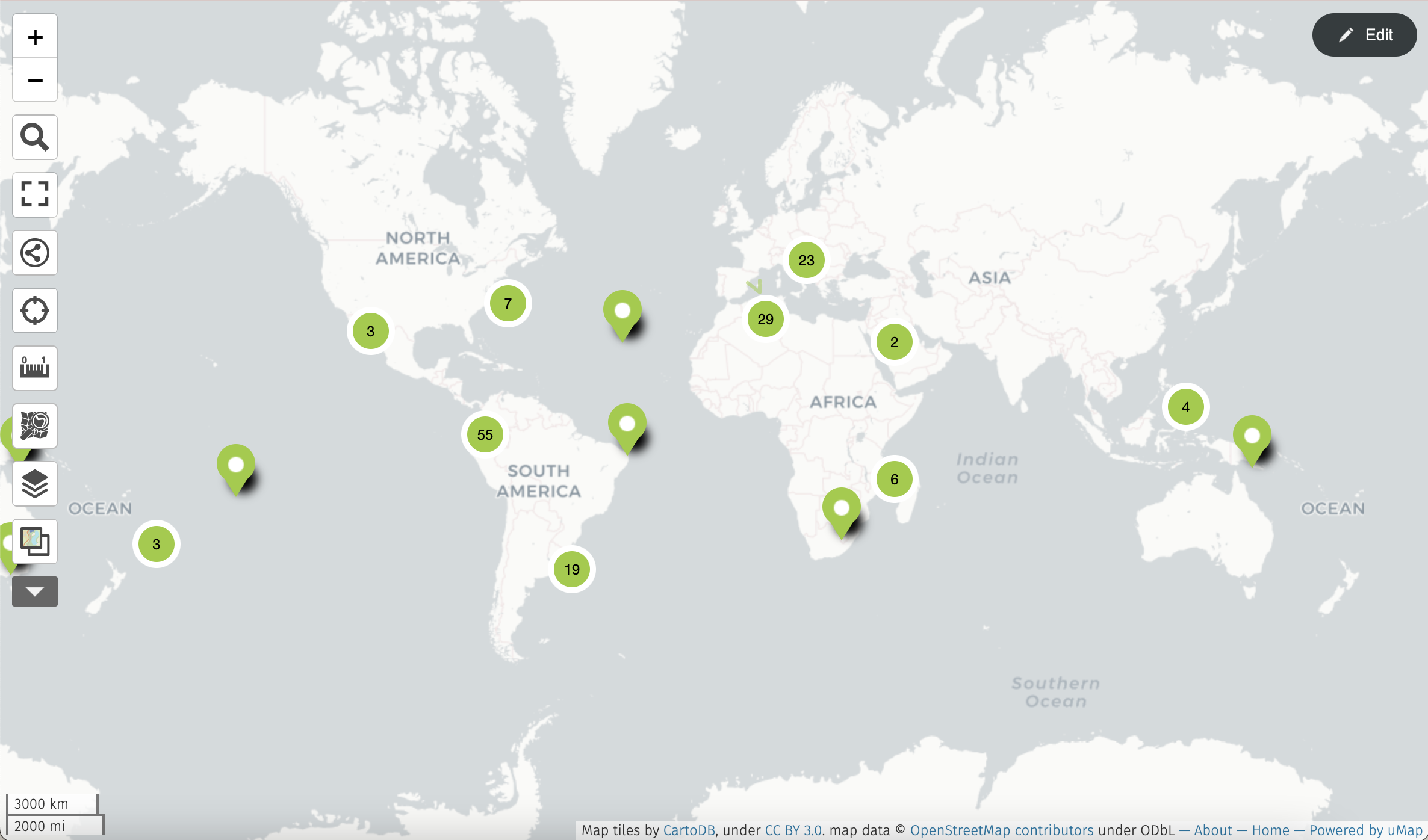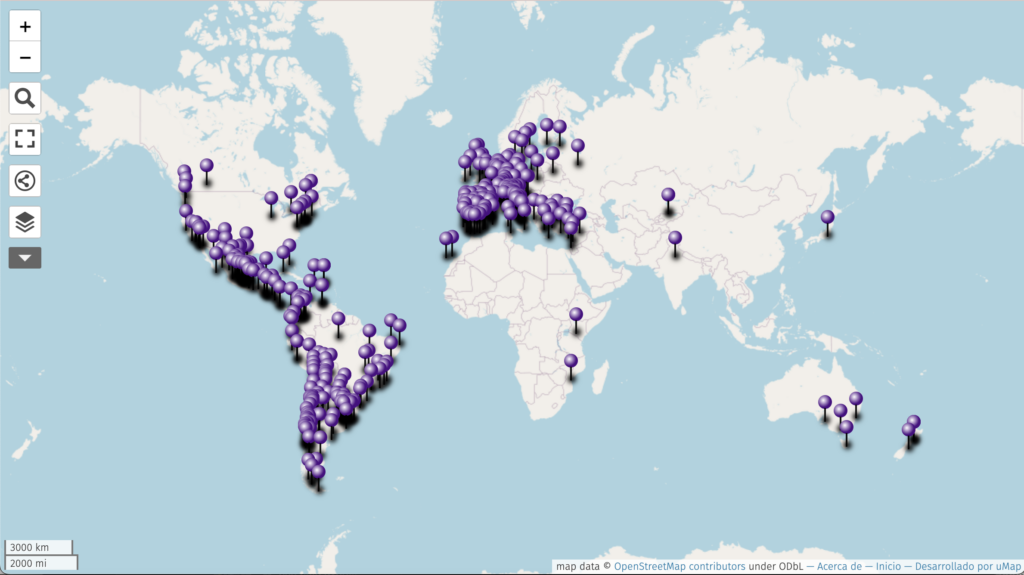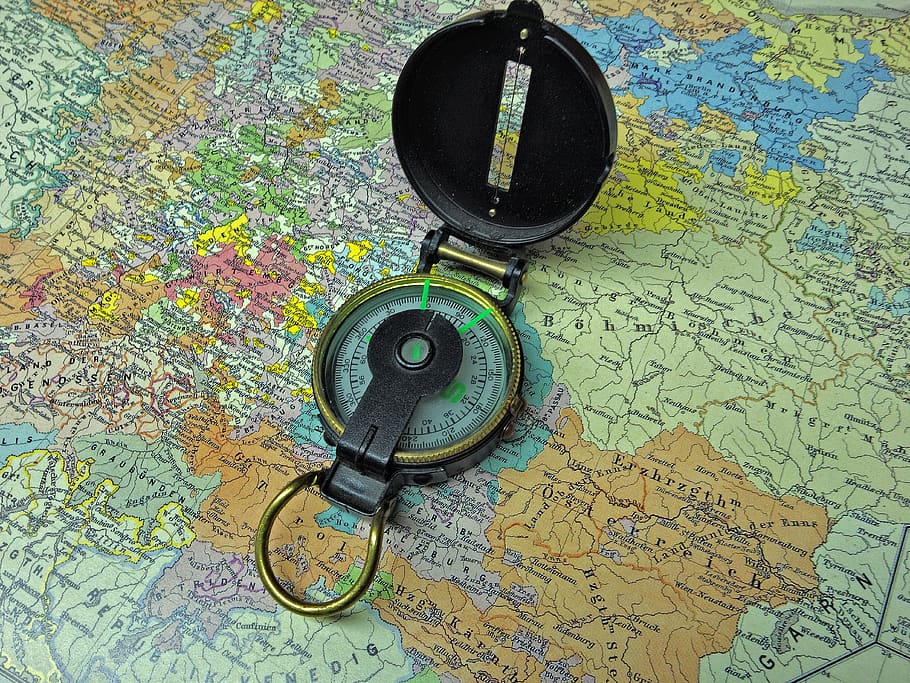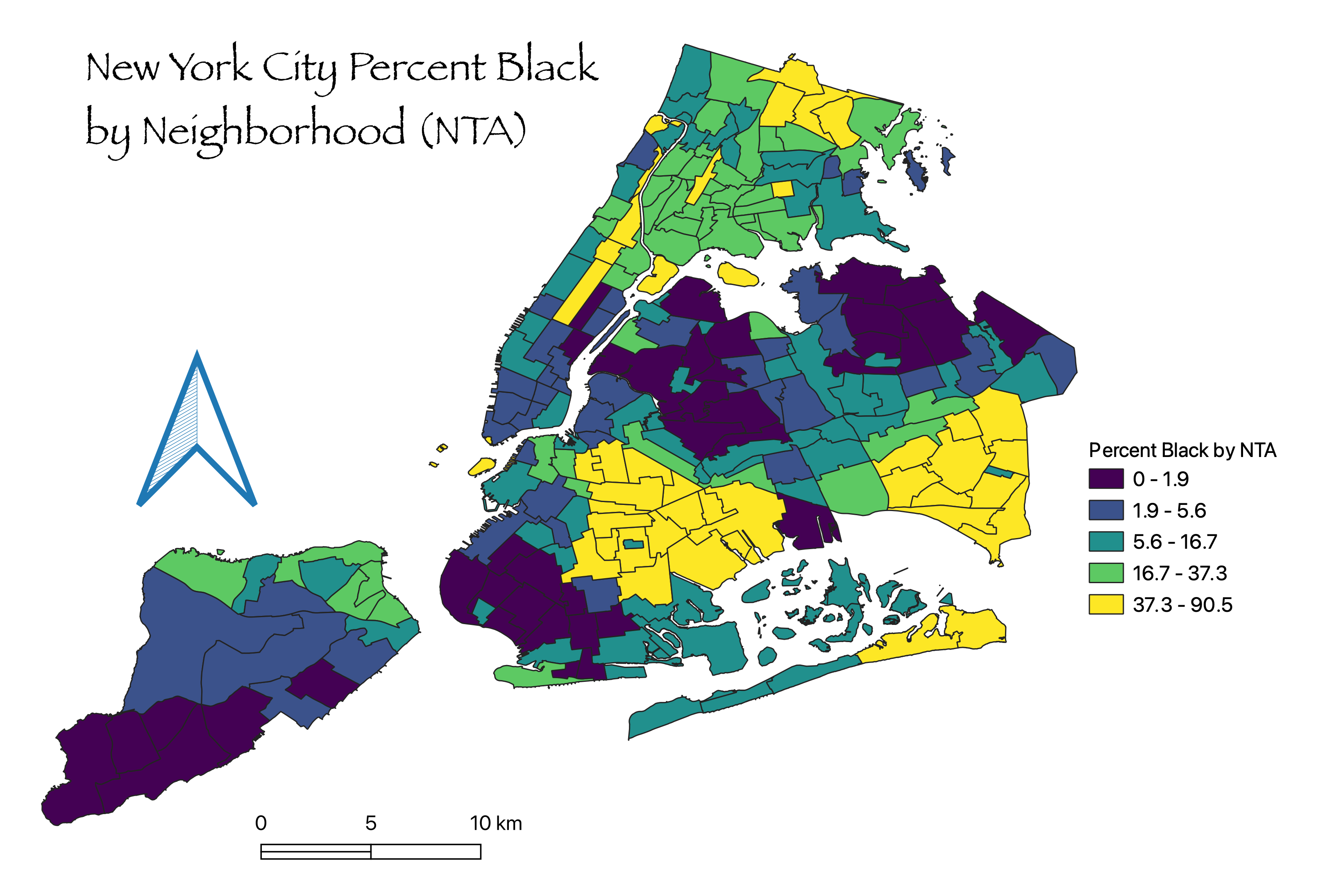
In the last Digital Fellows’ post, Anna Corbett shared a wonderful post on Mapping and Its Discontents. Here I write shortly about Geochicas, an international trans-inclusive community of women that has transformed one of these discontents into collective action and a political project.
Geochicas creates geodata with a feminist perspective, organizes mapathons and pedagogical spaces to create collectively, and works to reduce the gender gap in OpenStreetMap (OSM) and the OSGeo community as well. In the image above you can see the location of members of Geochicas in the world. They started to work together in 2016 at the State of the Map, the OSM annual conference as a response to the gaps in attendance and presenters.
According to its wiki, OpenStreetMap is a world map with an open-content license that is built by volunteers across the world. It is part of the OpenStreetMap Foundation, which looks for the development of free geospatial data (yes, geospatial data can be proprietary) to use and share.
The first time I read about Geochicas, I was looking for information on feminist mapping. Then, I found their map of the performance Un Violador en Tu Camino (“A Rapist in Your Path”). The performance was created by the Chilean collective Las Tesis in 2019, based on the writings of Rita Laura Segato. The performance became viral and soon re-enacted in many different territories. The map Un Violador en Tu Camino shows the places where the performance “A Rapist in Your Path” took place as shown below:

After learning more about Geochicas, a colleague shared their Telegram channel with me and I have become part of the community –although I have not been able to participate in mapping events, yet. Being part of the conversations has allowed me to see how the political conversations happen and how the feminist collective’s actions take place further than the map as a product: there are cartographic, pedagogical, and political choices that affect society.
From Geochicas’ current projects, and as a sociolinguist, I am particularly enchanted by Las Calles de Las Mujeres (“The Street of Women”), an interactive map that focuses on the name of the streets, particularly streets named after women. From my perspective, visualizing the naming practices in the public space allows us to understand the materiality of language in the places we co-inhabit, and how the collective memory is made by political choices of who has the right to include whom in the public space. The fact that Geochicas decided to identify the streets of women is also an important choice at a time when women from across Latin America have been taking the streets of their cities to manifest issues such as being able to go out without being afraid of not coming back home.
The making of Las Calles de Las Mujeres began in 2018, and it is still an ongoing project, as new cities are added and new events and activities happen. The map allows us to navigate and visit different cities where the project has taken place. For each city, we can visualize the streets named after women and after men marked with different colors. We see the percentage each of them represents, and we are given biographies of the represented women from Wikipedia. In this screenshot, you can see the case for Cochabamba (Bolivia):

Geochicas is not the only community of women in mapping across the globe. Still, it is a particular community I wanted to highlight during this Geography Awareness Week (the week around GIS Day) as I truly admire the dedication and work they have been doing to organize around GIS and to create geodata with a feminist perspective.
To learn more about Geochicas I recommend:






